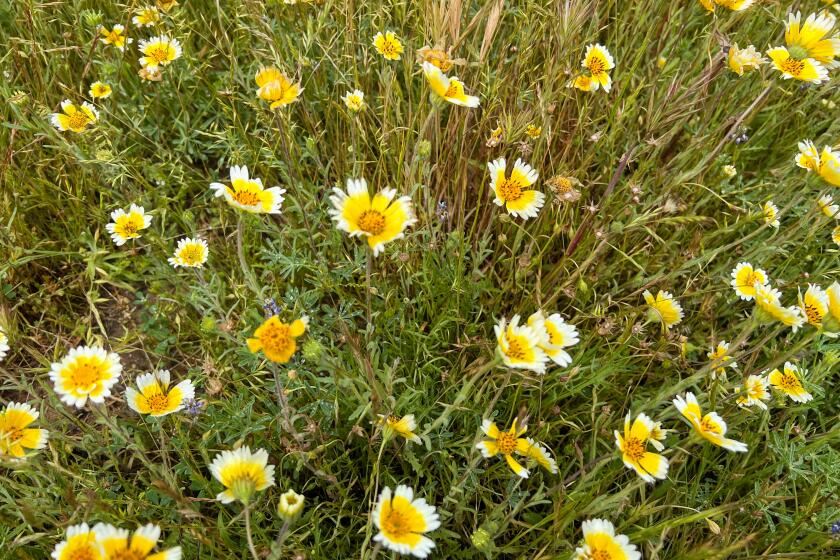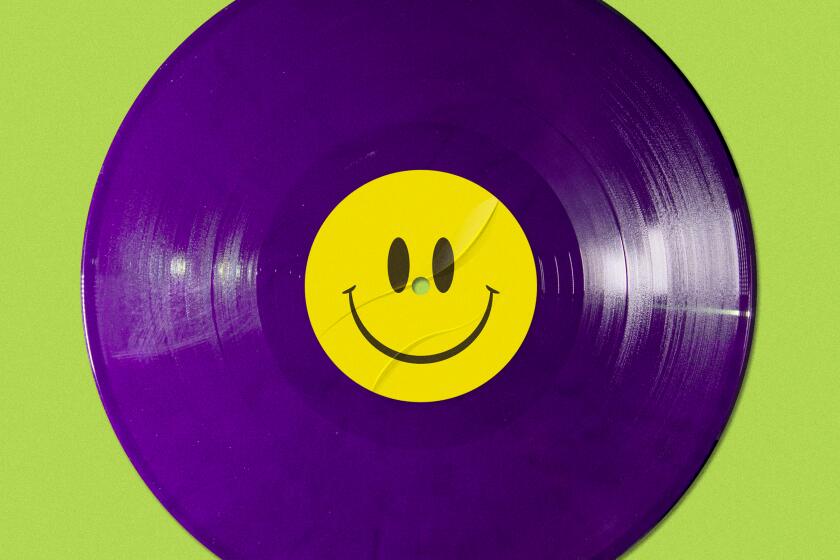Escapes: Get out, for heaven’s sake — outdoors, we mean
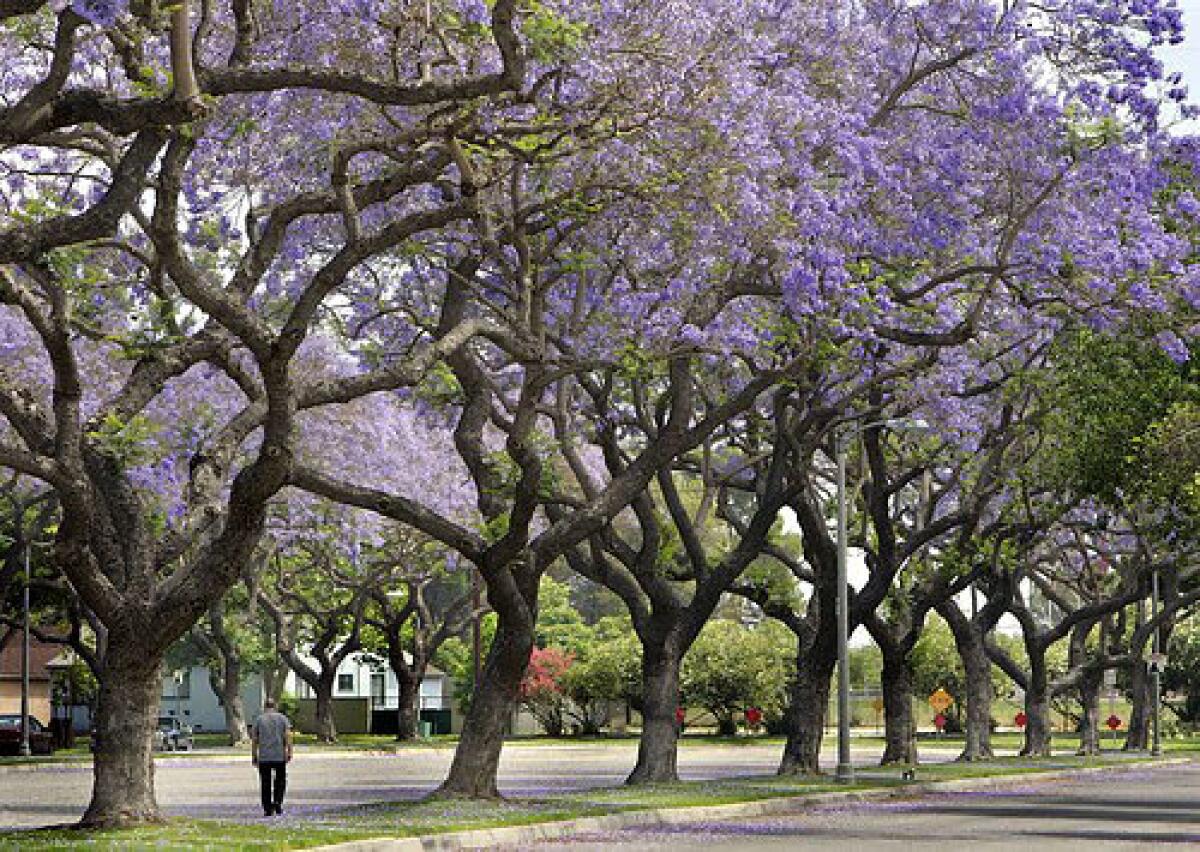
How’d ya like to step outside, pal?
We’re not challenging you to a fight. In fact, we think a few moments in the outdoors might just take the fight right out of you.
Get inspired to get away.
Explore California, the West and beyond with the weekly Escapes newsletter.
You may occasionally receive promotional content from the Los Angeles Times.
My name is Catharine Hamm, and I’m the travel editor for the Los Angeles Times. If you’re a little tired of being cooped up, we have suggestions to soothe your cabin fever. But maybe you should read the End paper first, then come back to the main events to get your Zen back on. And we’re off!
Home, I’m sick of you, home
If you’re looking for something to do, check out our What’s Open and What’s Closed This Week by Christopher Reynolds and Mary Forgione.
Vegas is almost ready to rock
Nevada’s governor gave the green light for the state’s casinos to reopen June 4, so the clock is ticking for many resorts on the Las Vegas Strip. The good news for those who miss the city that never sleeps, never even snoozes: Room rates are eye-poppingly low. I mean, the MGM Grand for $49 on a Thursday and $99 on a weekend? Yep, says Jay Jones.
It’s not just your mind playing tricks
Since the shutdown, many of us question whether we’re losing our grip. I got in my car one day recently to run an errand, and I felt as though I had never driven before. That feeling isn’t uncommon, experts told me. If you’re having that “is-this-weird-or-is-it-me” feeling, you’ll find some comfort in On the Spot.
Enjoying this newsletter? Consider subscribing to the Los Angeles Times
Your support helps us deliver the news that matters most. Become a subscriber.
For that clean feeling
We first wrote about Clean the World about 10 years ago. This nonprofit organization, which has facilities in Las Vegas and Orlando, Fla., takes used hotel soaps and recycles them into 3-ounce bars distributed around the world. Jay Jones checks in again in this all new landscape. Not only are hotels closed, mostly, but the need for soap among the newly poor in the U.S. has surged.
Isn’t this wild?
Get ready for a new newsletter called The Wild, celebrating the great outdoors, SoCal style. Mary Forgione, one of our travel team, will be spearheading this newsletter that will bring you news of hiking, biking and running. But it’s not just for superjocks. It will allow you to enjoy our surroundings while you’re practicing yoga or watching birds. Sound interesting? Click through to subscribe.

What we’re reading
I’ve never quite understood how those gorgeous Italian domes, including St. Peter’s Bascillica, can exist, never mine still stand after centuries. Nora McGreevy, writing for SmithsonianMag.com, says nobody really had until recent studies by the journal Engineering Structures explained the “physics behind these domes’ structures and construction.” As you might imagine, it’s not simple to understand, but it is fascinating, especially when you realize that the construction required no scaffolding.
Doesn’t “scouting for shipwrecks” have a kind of mysterious and slightly sinister feel, like a good page-turner? If so, you’re invited to join beachcombers at Sleeping Bear Dunes National Lakeshore in Michigan, where the offshore Manitou Passage Underwater Preserve has 12 wrecks whose detritus is waiting to be washed up on shore, Jessica Leigh Hester writes for Atlas Obscura. To pique your curiosity, check out the 19th century school found last month on the shores of Lake Michigan.
Doesn’t a beautiful beach sound right just about now? Just for sprawling and dreaming, no forced activity required. If so, you need to flip immediately to Lottie Gross’ agglomeration of the 20 primo beaches in the world in Afar. I couldn’t stop looking at the lead photo of Whitehaven Beach in Australia, but I finally managed to pull away and read through the list. Some surprises (beaches in Scotland?), lots of fodder for daydreams.
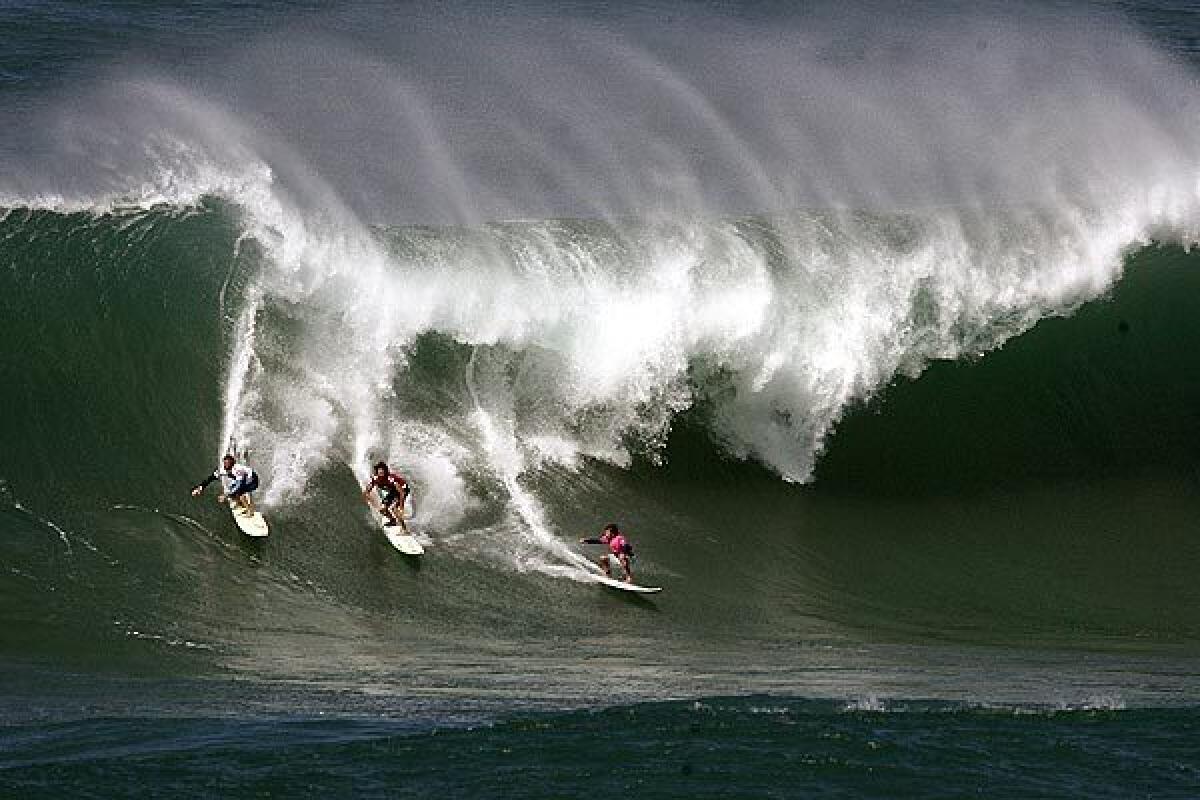
What you also could be reading
The Wild will be a peach of a newsletter, but it’s not the only one. Take a gander at the others, a veritable smorgasbord of topics. All free, all delivered to your inbox.
And, of course, there’s the L.A. Times, which helps us make sense of this world, to the extent that’s possible. A subscription supports us as we support you.
If you have comments on this newsletter, make them known by writing to travel@latimes.com.
And on a personal/professional note
You may know (or have been warned) that Chris Erskine is retiring from The Times on Friday. What you may not know is that Erskine has worked with Travel off and on for years besides writing his column. He is the ultimate utility player; he fills in whenever there’s a need (often on this newsletter when I’m away) or writing posts and articles, including an unforgettable piece a year ago on taking a road trip in a Tesla on Nevada’s Electric Highway. Erskine, you are the epitome of “aloha,” which translated loosely means “I give you my spirit.” Mahalo for that and so much more.
End paper
The three-day weekend was a test and a torment. Could I keep from jumping in the car and driving to the Grand Canyon and come home?
I managed to keep myself in check because in L.A. County, we are still under a mandate to avoid nonessential travel. And also, truth to tell, I don’t love to drive.
Here’s what I love even less: hearing people complain about social distancing and face coverings as if they were being held hostage and beaten until they complied.
My mind drifted to my parents, who are buried in Riverside National Cemetery. My father fought in the South Pacific in World War II and my mom, the love of his life, was buried next to him 26 years after he was laid to rest. When I visited in February, I took red roses, her favorite flower and his favorite color.
My father rarely spoke of his service; he told my mother and grandmother that he was serving aboard a Navy vessel as a stenographer. That may have been partly true; the man could take dictation and type like no one I’ve ever seen. But I’m pretty sure when you are fighting your way from Australia to Manila, the captain doesn’t sound the “man-your-battle-stations” alarm while also yelling, “Hamm! Grab your steno pad!”
As I looked at the photo below, I got angry. The war he fought decided the fate of the world. It was about freedom. It was about subjugating one’s self for the greater good. Both he and my mother paid a price for that — everybody did — but they bore their burden.
How different from today when we are involved in another kind of war, a cultural war that has to do with the freedom to get a haircut, to appear in public without a mask, to assemble with others in public.
In a tiny related meltdown on Facebook, I lamented the cheapening of the word “freedom” in the context of what we seem so determined to take back. “Try liberating Manila if you’re uncertain what fighting for freedom means,” I said. “Then come back and tell my parents what a hardship a face covering is.”
My parents were imperfect, as are their children, grandchildren and great-grandchildren. It’s the condition of being human, and it’s the responsibility of being human that requires us to forgive those miscues and flaws, not just for their sake but for our own. That doesn’t mean we condone; it means we try to understand.
And isn’t that the point of travel, to try to understand other places and points of view? To do so, we have been given the freedom to travel, which can make us better, more informed citizens of the world, teach us lessons far beyond anything a textbook can show us, reveal to us a different meaning of wealth.
Thank you to those who remind us that these conditions are temporary but that real freedom is forever for those who work to preserve it. No matter where you are, believe that we will be able to travel again and rejoice in that freedom, and remember that we will always be here to welcome you home.
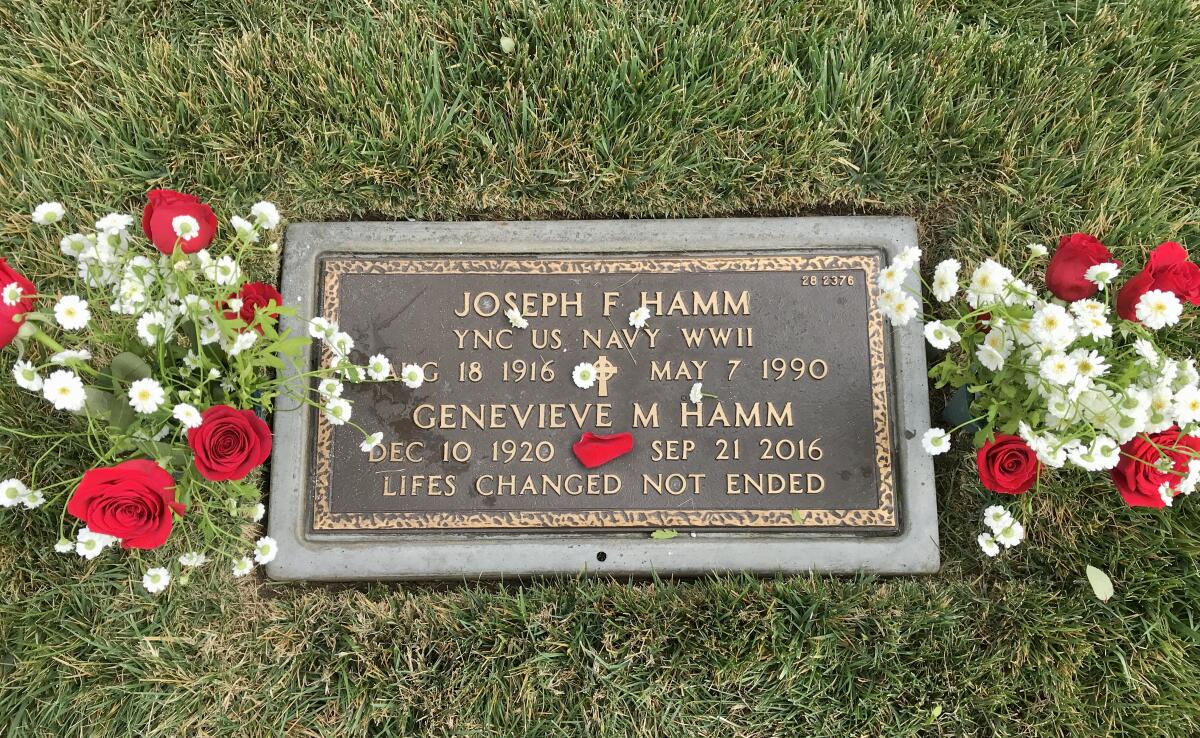
Sign up for The Wild
We’ll help you find the best places to hike, bike and run, as well as the perfect silent spots for meditation and yoga.
You may occasionally receive promotional content from the Los Angeles Times.


